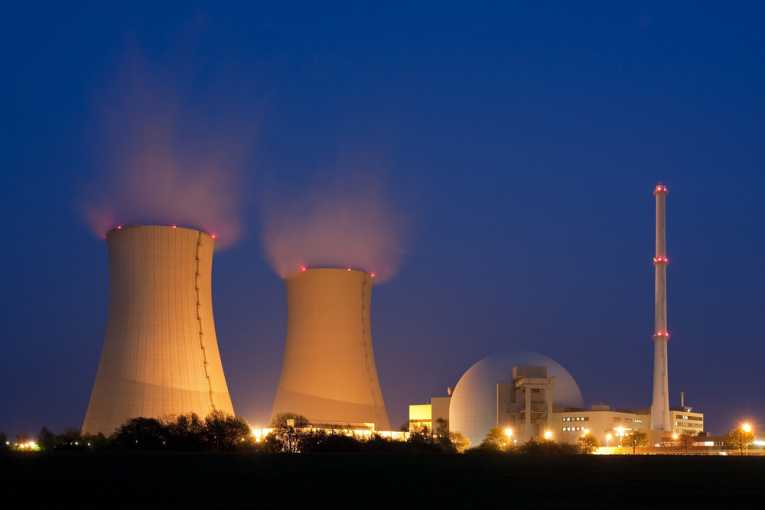Twelve months on from the Fukushima power plant disaster, little is known about what happens to nuclear fuels during extreme conditions, an American scientist claims.
Rodney Ewing, from the University of Michigan and two other nuclear waste experts say a prolonged programme of national research is needed to discover what happens in core-melts, such as the one at the Japanese plant that occurred after last March's earthquake and tidal wave.
Professor Ewing, who works in the Departments of Earth and Environmental Sciences, Nuclear Engineering and Radiological Sciences and Materials Science and Engineering, says, "What I realized while watching all of this was how little we actually knew about what happens if you take hot seawater and pour it on nuclear fuel."
The three colleagues call for the long-term research in an article just published in the Science journal.
Following the powerful 9.0 earthquake and tsunami, half of Fukushima's boiling water reactors experienced partial core meltdown that created extreme temperatures and radiation.
A large amount of seawater was deployed to cool the reactors and the storage ponds that contained spent fuel and were later fed into the sea.
Professor Ewing, who is member of the U.S. Nuclear Waste Technical Review Board, believes the process and its consequences need to be questioned. The long-term research should examine the different radioactive materials that are emitted by the damaged fuel during meltdown and how it reacts with seawater and freshwater.
The findings could help draw up a predictive model about how to respond to future nuclear disasters and lessen the impact on human health and the planet. Seeing as accidents are often unforeseen, the study should include situations that are unexpected, says Prof Ewing.
The other co-authors of the report are Alexandra Navrotsky, from the University of California, Davis and Peter Burns, from the University of Notre Dame, both in America.
They admit the research would be complex and costly, but say it is vital to lessen the risk of relying on nuclear power.
The nuclear reactors at Fukushima were shut down on 11 March 2011 immediately after the earthquake stuck. The majority of the nuclear fuel was uranium dioxide. As the tsunami hit about 40 minutes later, the electric supply failed along with backup that caused the loss of reactor coolant and caused the partial meltdown. When the zirconium alloy fuel cladding reacted with water at high temperatures, hydrogen gas was created, which created an explosion in four of the reactors.
Professor Ewing said that using seawater to cool the reactors sounded like it had been the correct course of action. More than 80,000 people were evacuated from the area around the Fukushima plant and still have not returned.
The Japanese government is in the process of awarding the first stage on contracts totalling $13billion (£8.2billion) to start decontamination and rehabilitate the 8,000-square-mile area that suffered most with radioactive fallout.
Even today, only two of Japan's 54 nuclear reactors remain open.















